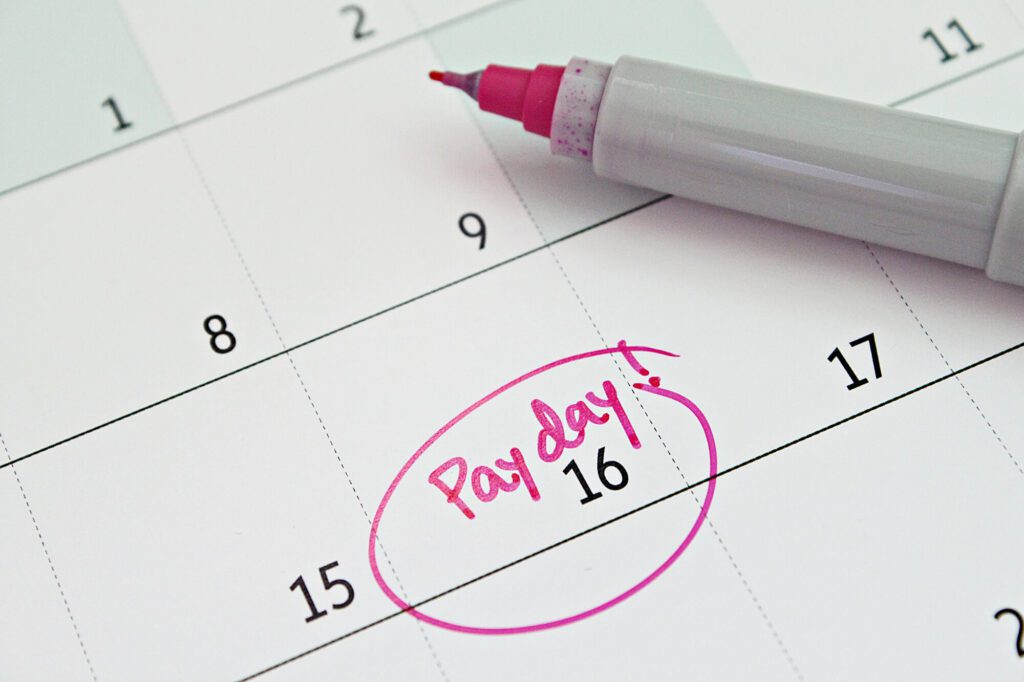Payday loans might seem like a quick fix for financial emergencies, but their impact on your credit score can be surprising. While these loans are often marketed as easy, short-term solutions, mishandling them can lead to long-term consequences.
Fortunately, nonprofit credit counseling offers guidance on managing payday loans and avoiding lasting damage to your credit. Let’s take a closer look at how payday loans affect your credit score and what you can do to protect yourself.

How Payday Loans Impact Your Credit Score
Payday loans don’t directly impact your credit score like traditional loans. However, they can still influence your financial health in unexpected ways:
- Not Reported to Major Credit Bureaus: Most payday lenders do not report your payment history to the major credit bureaus (Equifax, Experian, TransUnion), which means timely payments won’t help improve your credit score.
- Collections Can Hurt Your Score: If you fail to repay a payday loan, the lender may sell your debt to a collection agency. Collection accounts are reported to credit bureaus and can significantly lower your credit score.
- Credit Checks When Applying: Some payday lenders may perform a credit check during the application process. Too many inquiries can negatively affect your credit score, even if you don’t get approved.
Managing Payday Loans to Protect Your Credit
It’s crucial to handle payday loans carefully to avoid damaging your credit. Here are some tips to manage these loans effectively:
1. Repay on Time
- Always prioritize repaying your payday loans on or before the due date.
- Set up automatic payments or reminders to ensure you don’t miss a deadline.
- Avoid rolling over loans, as this increases the amount you owe and your risk of default.
2. Explore Nonprofit Credit Counseling
- Seek nonprofit credit counseling to get professional advice tailored to your financial situation.
- Credit counselors can help you create a budget, manage your payday loan debt, and develop a plan to pay off your loans faster.
- These services are often low-cost or free, providing valuable support without adding to your debt.
3. Avoid Taking Multiple Payday Loans
- Taking out several payday loans can quickly lead to an unmanageable debt cycle.
- Focus on paying off your existing loan before considering another one.
- If you’re struggling, seek guidance from a credit counselor instead of taking out more payday loans.
4. Communicate with Lenders
- If you can’t make a payment, contact your lender immediately.
- Many lenders are willing to work out a payment plan or provide extensions to help you stay on track.
- States like Florida have laws to protect you. Florida’s law allows for a 60-day payment extension if you attend a credit counseling session with a company like Debthelper.
5. Monitor Your Credit Report
- You should regularly check your credit report for errors or unexpected entries, especially if you’ve had trouble with payday loans.
- Monitoring helps you catch any negative impacts early and take steps to address them.
- Use free tools or services to keep an eye on your credit score and report.
The Benefits of Nonprofit Credit Counseling for Payday Loan Management
Nonprofit credit counseling is an excellent resource if you find yourself overwhelmed by payday loan debt. Here’s why:
- Personalized Guidance: Counselors provide tailored advice based on your financial situation, helping you make informed decisions.
- Debt Management Plans: They can negotiate lower interest rates or create payment plans that fit your budget, making repayment more manageable.
- Educational Support: Learn how to build healthier financial habits to avoid future reliance on payday loans.

Take Control of Your Payday Loan Debt with Nonprofit Credit Counseling!
Payday loans don’t have to spell disaster for your credit score. You can protect your financial future by managing them wisely and seeking help from nonprofit credit counseling. If you’re feeling overwhelmed, contact Debthelper for professional guidance and support. Our certified counselors are here to help you get back on track and regain control of your finances.





